As Digitoxin is the name of a natural substance contained in the leaves of the red thimble. It belongs to the cardiac glycosides.
What is Digitoxin?

Digitoxin is a cardiac glycoside that occurs naturally. The active ingredient forms part of the leaves of the red foxglove (Digitalis purpurea). The steroid glycoside is composed of the aglycon digitoxigenin, which is linked to three sugar residues. The glycoside has cardiac effects and ensures that the functions of the heart muscle are improved.
The red foxglove plant was used medicinally as early as 1775. One hundred years later, the German-Baltic pharmacologist Oswald Schmiedeberg (1838-1921) managed to isolate digitoxin for the first time. The physician Claude-Adolphe Nativelle carried out further research. By 1962 it was possible to completely decipher the structure of digitoxin. In contrast to digoxin, however, digitoxin is used less often to treat heart disease.
Pharmacological effect
Digitoxin has a positive inotropic effect on the muscles of the heart. Because the steroid glycoside binds to the ryanodine receptor, the cytosolic calcium concentration improves. This leads to a more intense contraction of the heart muscle cells.
It takes about three to four hours after taking the drug for the digitoxin to develop its positive effects. The persistence of the positive effect varies between 7 and 12 hours. A more rapid effect can be achieved by direct injection into the bloodstream. It starts after 25 minutes to 2 hours. The duration of action is then 4 to 12 hours.
The effect of Digitoxin is noticeable in that the heart's beating power increases and the heart beats more slowly and intensely. In addition, the entire blood flow to the organism is improved. In order to avoid overloading the heart muscle, digitoxin, like all other cardiac glycosides, is administered together with other medication, which makes the additional work easier for the heart. These can be ACE inhibitors to widen the blood vessels or diuretics to decrease the amount of fluid in the body. Digitoxin is also effective for cardiac arrhythmias in which the heartbeat is too fast.
Because only seven percent of digitoxin is excreted from the human body during the day, only a smaller dose may be given after the initial stage in order to ensure a stable digitoxin level in the body. The drug is primarily excreted through the liver. Since this takes place independently of the kidneys, people who do not have adequate kidney function can also use Digitoxin. However, due to the slow excretion of the active ingredient from the body, care must be taken to avoid an overdose. In such a case there is a risk of poisoning.
Medical application & use
Digitoxin is administered for heart muscle weakness. The drug causes the heart to work more efficiently and increases the strength of the heart. In addition, the remedy is used in the case of cardiac arrhythmias such as atrial flutter or atrial fibrillation, which are associated with an acceleration of the heart's activity. The steroid glycoside lowers the heart rate.
Another important area of application for digitoxin is chronic heart failure (cardiac insufficiency). This is especially true if this is associated with kidney failure. The product is also used in ophthalmology. There it is used for the therapy of accommodation disorders.
Digitoxin is administered orally via tablets, topically as eye drops or intravenously via injection solution.
Risks & side effects
The use of Digitoxin can be associated with undesirable side effects, but these do not automatically occur in every patient. The most common symptoms are nausea, vomiting, and poor appetite. Occasional diarrhea, headache, abdominal pain, insomnia, nightmares, depression, confusion, lupus erythematosus, psychosis, hallucinations, thrombocytopenia (drop in blood platelets) or an enlarged breast (gynecomastia) are possible. It is extremely rare for the intestinal vessels to become blocked.
Contraindications for the use of Digitoxin are acute myocardial infarction, myocarditis, ventricular tachycardia, ventricular cardiac arrhythmias, lung diseases, digitalis intoxication, myxedema and a lack of oxygen. If Digitoxin therapy is carried out during pregnancy, the pregnant woman must be consistently monitored.
There is a risk of interactions with the simultaneous use of Digitoxin and other drugs. The effect of the remedy is enhanced by preparations that cause a lack of magnesium or potassium. These include a. the anti-fungal drug amphotericin B, diuretics, the body's own hormone ACTH, the antibiotic penicillin G, anti-inflammatory salicylates and laxatives.
Enzyme inducers such as the antibiotic rifampicin, the epilepsy drugs phenobarbital and phenytoin, the dehydration preparation spironolactone and the pain reliever phenylbutazone threaten to shorten the positive digitoxin effect.






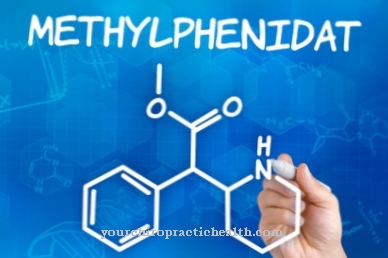







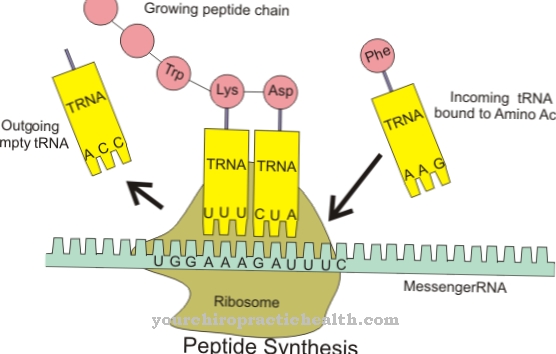
.jpg)
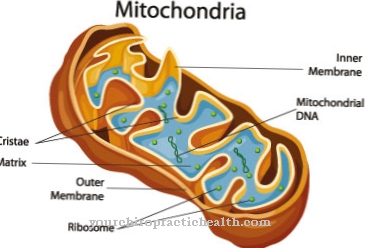


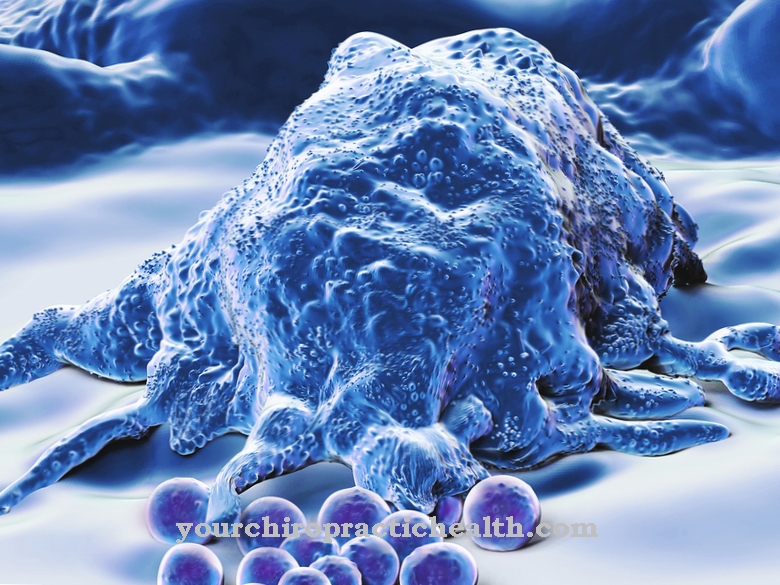
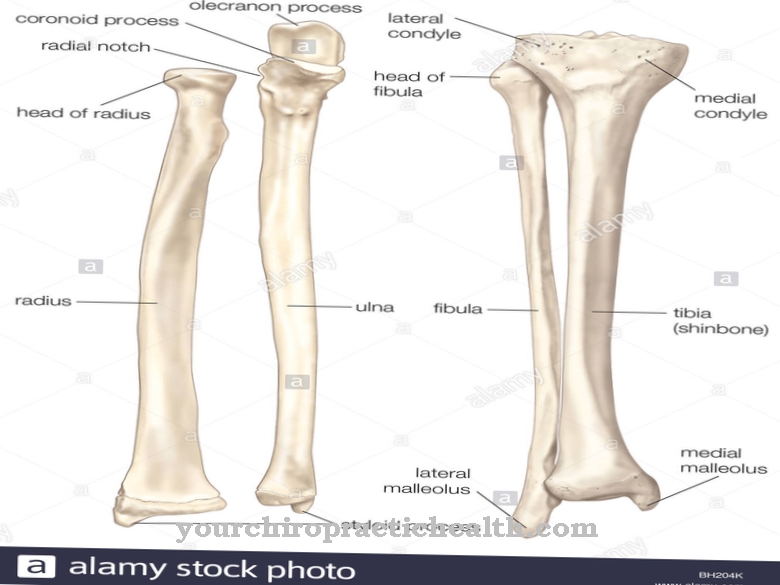
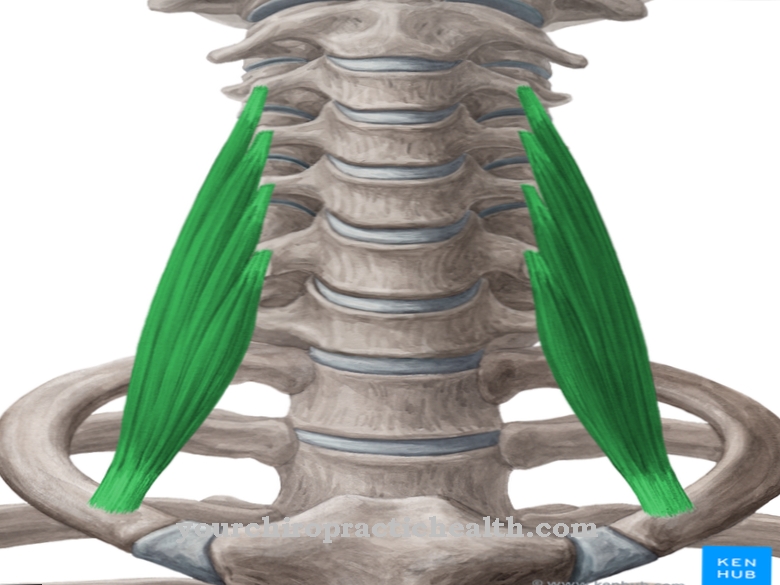
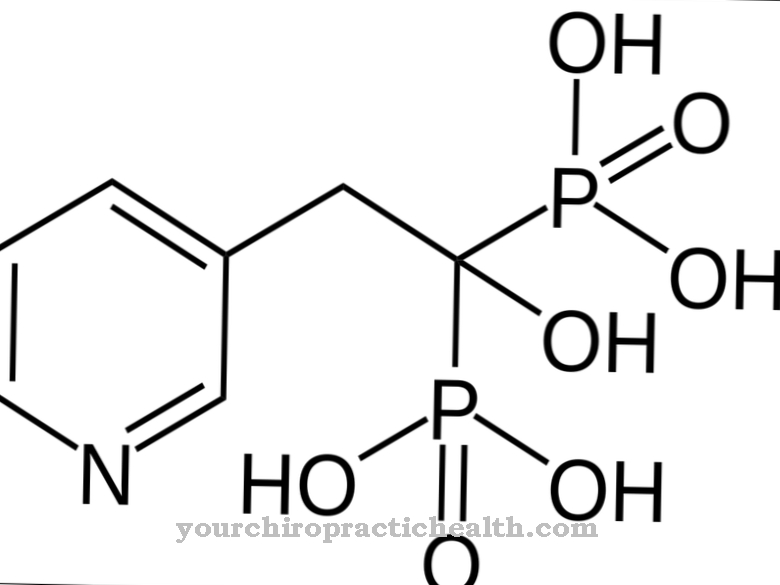
.jpg)




